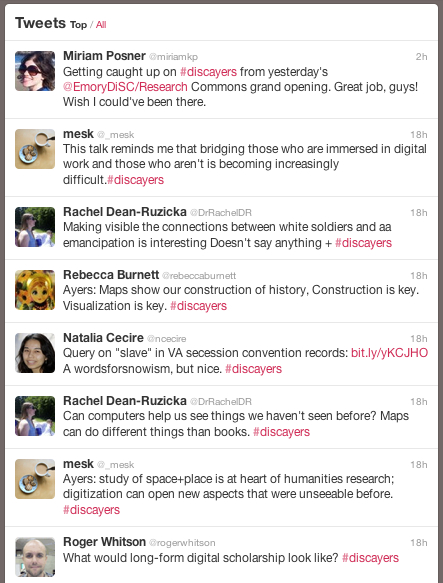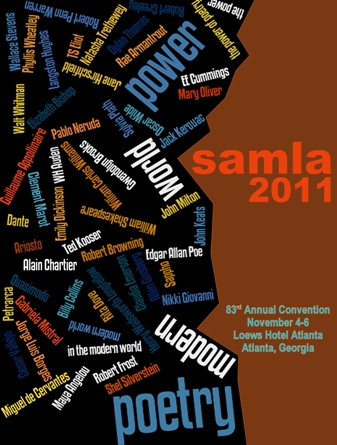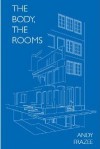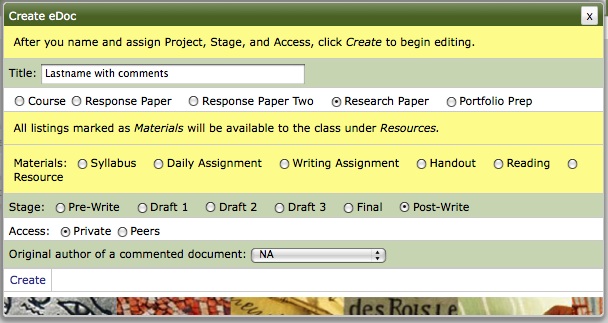What Should A Hybrid “Classroom” Look Like?

Well, last night our hybrid classroom looked very much like the Jones Room and the new Research Commons at Emory’s Woodruff Library. Every spring, a number of Brittain Fellows choose to participate in an optional postdoctoral seminar on research methodologies. This semester, because the Writing and Communication Program is piloting hybrid pedagogy in our first-year composition and technical communication classes, we are using the design and assessment of hybrid pedagogies as a lens through which our examination of method is focused.
For those of you who may be wondering, hybrid pedagogy (also known as blended learning) combines face-to-face and distance or virtual learning strategies. Some thought-provoking recent studies have suggested hybrid instruction may–at least in some situations, for some students–create a more optimal learning environment than either traditional or wholly-online classes. Continue reading






